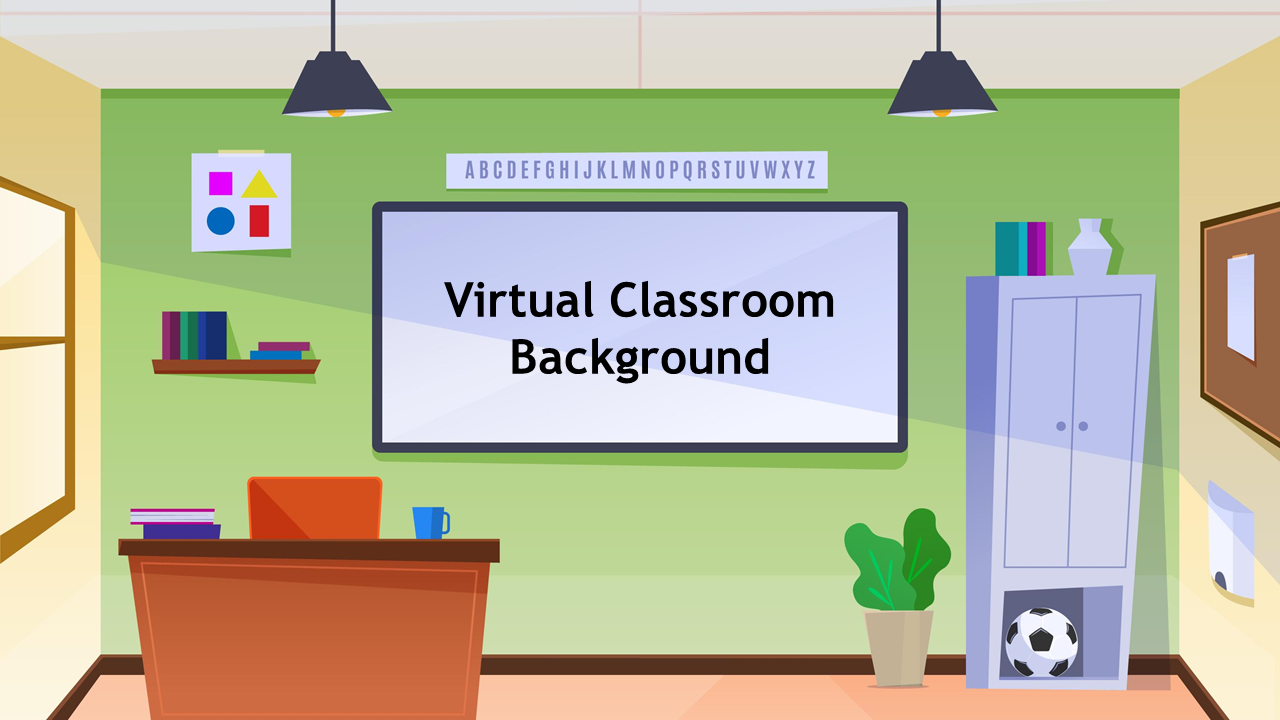Introduction
Virtual classrooms have been a blessing when it comes to education in these times, providing the space for learning which is flexible and interactive. Virtual services students and teachers can use to interact that transcends land, classroom walls and distance.
Virtual Classroom — What Are The Key Elements
Learning Management Systems (LMS): These platforms act as one-stop shops for course content, assignments and communication.
Video conferencing tools — Face-to-face interaction via video and audio, allowing meeting attendees to communicate in real time.
Online Forums: Places for discussion and collaboration, but not in real time
Interactive Whiteboards: Digital shared canvas for collaboration and real-time content sharing
Evaluation tools: The use of online quizzes, tests and assignments to measure students progress.
Advantages of Virtual Classrooms
Flexibility: The students can study with great flexibility and at their own pace.
Geographic barriers are unnecessary with the use of applications.
Personalized learning: Customized experiences based on the individual’s needs and preferences.
Price Efficient: No need for spending related to physical classrooms and commuting.
International Networking: Opportunity to learn from your global peers and experts
Sustainable: Lower carbon footprint and paper use.
Difficulties of Online Classrooms
Technical Problems: Technical issues can interfere with the learning process.
Mind it, minimal social interaction: Few face-to-face interactions with fellow students and instructors.
Self-Motivation: Students need be self-motivated and good time managers.
Digital Divide: Some of the learners may not have access to technology and the internet.
What Lies Ahead For Virtual Classrooms
Even in your wildest dreams, the future of virtual classrooms seems to be bright. Some emerging trends include:



